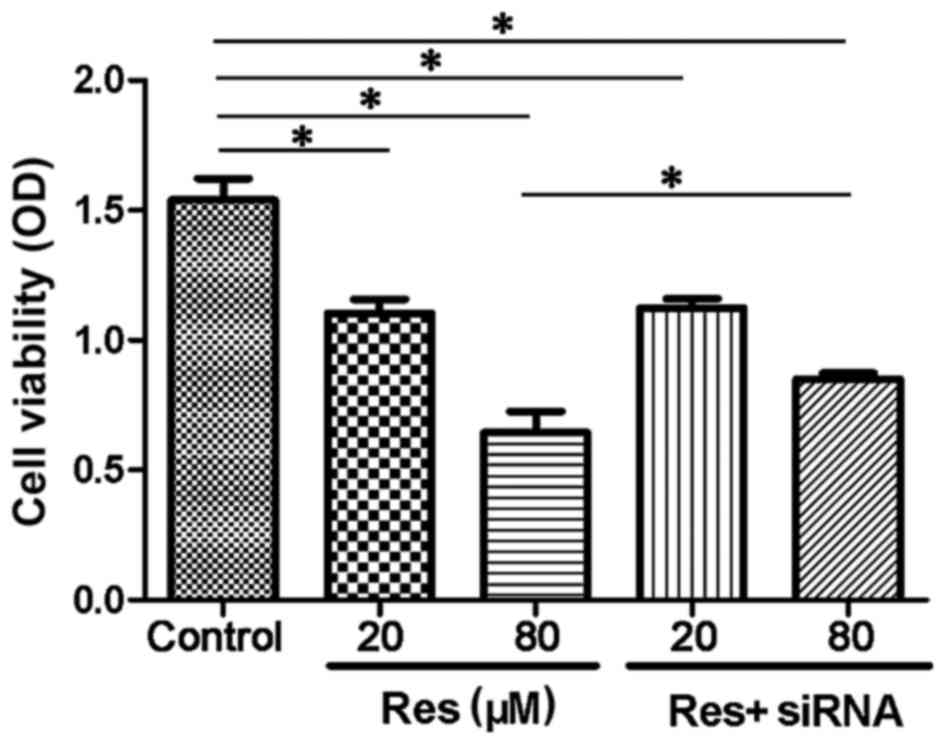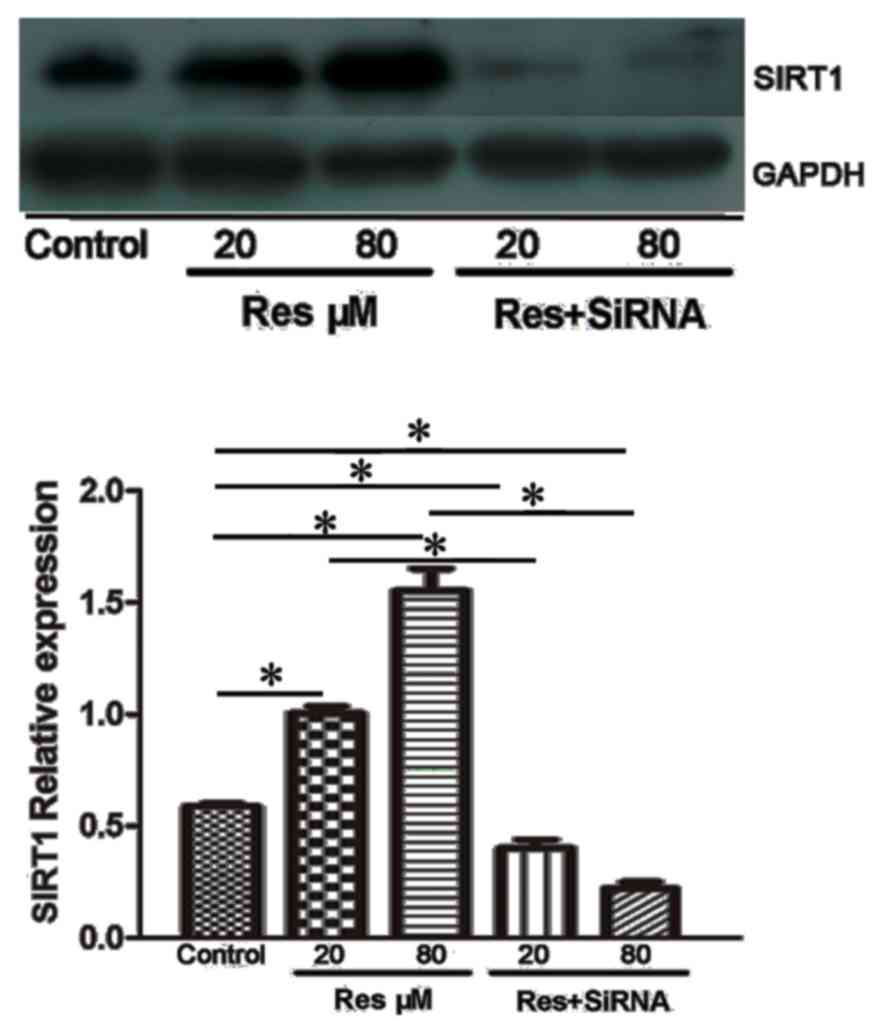|
1
|
Koon CM, Woo KS, Leung PC and Fung KP:
Salviae miltiorrhizae radix and puerariae lobatae radix herbal
formula mediates anti-atherosclerosis by modulating key atherogenic
events both in vascular smooth muscle cells and endothelial cells.
J Ethnopharmacol. 138:175–183. 2011. View Article : Google Scholar : PubMed/NCBI
|
|
2
|
Tull SP, Anderson SI, Hughan SC, Watson
SP, Nash GB and Rainger GE: Cellular pathology of atherosclerosis:
Smooth muscle cells promote adhesion of platelets to cocultured
endothelial cells. Circ Res. 98:98–104. 2006. View Article : Google Scholar : PubMed/NCBI
|
|
3
|
Wara AK, Mitsumata M, Yamane T, Kusumi Y
and Yoshida Y: Gene expression in endothelial cells and intimal
smooth muscle cells in atherosclerosis-prone or
atherosclerosis-resistant regions of the human aorta. J Vasc Res.
45:303–313. 2008. View Article : Google Scholar : PubMed/NCBI
|
|
4
|
Haurani MJ and Pagano PJ: Adventitial
fibroblast reactive oxygen species as autacrine and paracrine
mediators of remodeling: Bellwether for vascular disease?
Cardiovasc Res. 75:679–689. 2007. View Article : Google Scholar : PubMed/NCBI
|
|
5
|
Liu P, Zhang C, Feng JB, Zhao YX, Wang XP,
Yang JM, Zhang MX, Wang XL and Zhang Y: Cross talk among Smad,
MAPK, and integrin signaling pathways enhances adventitial
fibroblast functions activated by transforming growth factor-beta1
and inhibited by Gax. Arterioscler Thromb Vasc Biol. 28:725–731.
2008. View Article : Google Scholar : PubMed/NCBI
|
|
6
|
Cai XJ, Chen L, Li L, Feng M, Li X, Zhang
K, Rong YY, Hu XB, Zhang MX, Zhang Y and Zhang M: Adiponectin
inhibits lipopolysaccharide-induced adventitial fibroblast
migration and transition to myofibroblasts via AdipoR1-AMPK-iNOS
pathway. Mol Endocrinol. 24:218–228. 2010. View Article : Google Scholar : PubMed/NCBI
|
|
7
|
Shen WL, Gao PJ, Che ZQ, Ji KD, Yin M, Yan
C, Berk BC and Zhu DL: NAD(P)H oxidase-derived reactive oxygen
species regulate angiotensin-II induced adventitial fibroblast
phenotypic differentiation. Biochem Biophys Res Commun.
339:337–343. 2006. View Article : Google Scholar : PubMed/NCBI
|
|
8
|
Ruana BF, Lua XQ, Songa J and Zhu HL:
Derivatives of Resveratrol: Potential agents in prevention and
treatment of cardiovascular disease. Curr Med Chem. 19:4175–4183.
2012. View Article : Google Scholar : PubMed/NCBI
|
|
9
|
Tomé-Carneiro J, Gonzálvez M, Larrosa M,
Garcia-Almagro FJ, Avilés-Plaza F, Parra S, Yáñez-Gascón MJ,
Ruiz-Ros JA, García-Conesa MT, Tomás-Barberán FA and Espín JC:
Consumption of a grape extract supplement containing resveratrol
decreases oxidized LDL and ApoB in patients undergoing primary
prevention of cardiovascular disease: A triple-blind, 6-month
follow-up, placebo-controlled, randomized trial. Mol Nutr Food Res.
56:810–821. 2012. View Article : Google Scholar : PubMed/NCBI
|
|
10
|
Kim M, Chung H, Yoon C, Lee E, Kim T, Kwon
M, Lee S, Rhee B and Park J: Increase of INS-1 cell apoptosis under
glucose fluctuation and the involvement of FOXO-SIRT pathway.
Diabetes Res Clin Pract. 98:132–139. 2012. View Article : Google Scholar : PubMed/NCBI
|
|
11
|
Peck B, Chen CY, Ho KK, Di Fruscia P,
Myatt SS, Coombes RC, Fuchter MJ, Hsiao CD and Lam EW: SIRT
inhibitors induce cell death and p53 acetylation through targeting
both SIRT1 and SIRT2. Mol Cancer Ther. 9:844–855. 2010. View Article : Google Scholar : PubMed/NCBI
|
|
12
|
Lai CS, Tsai ML, Badmaev V, Jimenez M, Ho
CT and Pan MH: Xanthigen suppresses preadipocyte differentiation
and adipogenesis through down-regulation of PPARγ and C/EBPs and
modulation of SIRT-1, AMPK, and FoxO pathways. J Agric Food Chem.
60:1094–1101. 2012. View Article : Google Scholar : PubMed/NCBI
|
|
13
|
Shakibaei M, Buhrmann C and Mobasheri A:
Resveratrol-mediated SIRT-1 interactions with p300 modulate
receptor activator of NF-kappaB ligand (RANKL) activation of NF-κB
signaling and inhibit osteoclastogenesis in bone-derived cells. J
Biol Chem. 286:11492–11505. 2011. View Article : Google Scholar : PubMed/NCBI
|
|
14
|
Simão F, Pagnussat AS, Seo JH, Navaratna
D, Leung W, Lok J, Guo S, Waeber C, Salbego CG and Lo EH:
Pro-angiogenic effects of resveratrol in brain endothelial cells:
Nitric oxide-mediated regulation of vascular endothelial growth
factor and metalloproteinases. J Cereb Blood Flow Metab.
32:884–895. 2012. View Article : Google Scholar : PubMed/NCBI
|
|
15
|
Li Y, Tao J, Zhang J, Tian X, Liu S, Sun
M, Zhang X, Yan C and Han Y: Cellular repressor E1A-stimulated
genes controls phenotypic switching of adventitial fibroblasts by
blocking p38MAPK activation. Atherosclerosis. 225:304–314. 2012.
View Article : Google Scholar : PubMed/NCBI
|
|
16
|
Liu Y, Liang C, Liu X, Liao B, Pan X, Ren
Y, Fan M, Li M, He Z, Wu J and Wu Z: AGEs increased migration and
inflammatory responses of adventitial fibroblasts via RAGE, MAPK
and NF-κB pathways. Atherosclerosis. 208:34–42. 2010. View Article : Google Scholar : PubMed/NCBI
|
|
17
|
Heckenkamp J, Aleksic M, Gawenda M, Breuer
S, Brabender J, Mahdavi A, Aydin F and Brunkwall JS: Modulation of
human adventitial fibroblast function by photodynamic therapy of
collagen matrix. Eur J Vasc Endovasc Surg. 28:651–659. 2004.
View Article : Google Scholar : PubMed/NCBI
|
|
18
|
Schreiner CE, Kumerz M, Gesslbauer J,
Schachner D, Joa H, Erker T, Atanasov AG, Heiss EH and Dirsch VM:
Resveratrol blocks Akt activation in angiotensin II- or
EGF-stimulated vascular smooth muscle cells in a redox-independent
manner. Cardiovasc Res. 90:140–147. 2011. View Article : Google Scholar : PubMed/NCBI
|
|
19
|
Price NL, Gomes AP, Ling AJ, Duarte FV,
Martin-Montalvo A, North BJ, Agarwal B, Ye L, Ramadori G, Teodoro
JS, et al: SIRT1 is required for AMPK activation and the beneficial
effects of resveratrol on mitochondrial function. Cell Metab.
15:675–690. 2012. View Article : Google Scholar : PubMed/NCBI
|
|
20
|
Busch F, Mobasheri A, Shayan P, Stahlmann
R and Shakibaei M: Sirt-1 is required for the inhibition of
apoptosis and inflammatory responses in human tenocytes. J Biol
Chem. 287:25770–25781. 2012. View Article : Google Scholar : PubMed/NCBI
|
|
21
|
Singh N, Nigam M, Ranjan V, Sharma R,
Balapure AK and Rath SK: Caspase mediated enhanced apoptotic action
of cyclophosphamide- and resveratrol-treated MCF-7 cells. J
Pharmacol Sci. 109:473–485. 2009. View Article : Google Scholar : PubMed/NCBI
|
|
22
|
Pozo-Guisado E, Merino JM, Mulero-Navarro
S, Lorenzo-Benayas MJ, Centeno F, Alvarez-Barrientos A and
Fernandez-Salguero PM: Resveratrol-induced apoptosis in MCF-7 human
breast cancer cells involves a caspase-independent mechanism with
downregulation of Bcl-2 and NF-kappaB. Int J Cancer. 115:74–84.
2005. View Article : Google Scholar : PubMed/NCBI
|
|
23
|
Li L, Gao P, Zhang H, Chen H, Zheng W, Lv
X, Xu T, Wei Y, Liu D and Liang C: SIRT1 inhibits angiotensin
II-induced vascular smooth muscle cell hypertrophy. Acta Biochim
Biophys Sin (Shanghai). 43:103–109. 2011. View Article : Google Scholar : PubMed/NCBI
|
|
24
|
Rahman M, Halade GV, Bhattacharya A and
Fernandes G: The fat-1 transgene in mice increases antioxidant
potential, reduces pro-inflammatory cytokine levels, and enhances
PPAR-gamma and SIRT-1 expression on a calorie restricted diet. Oxid
Med Cell Longev. 2:307–316. 2009. View Article : Google Scholar : PubMed/NCBI
|
|
25
|
Zhang W, Wang X and Chen T: Resveratrol
induces mitochondria-mediated AIF and to a lesser extent
caspase-9-dependent apoptosis in human lung adenocarcinoma ASTC-a-1
cells. Mol Cell Biochem. 354:29–37. 2011. View Article : Google Scholar : PubMed/NCBI
|
|
26
|
Matos RS, Baroncini LA, Précoma LB, Winter
G, Lambach PH, Caron EY, Kaiber F and Précoma DB: Resveratrol
causes antiatherogenic effects in an animal model of
atherosclerosis. Arq Bras Cardiol. 98:136–142. 2012.(In English,
Portuguese). View Article : Google Scholar : PubMed/NCBI
|



















